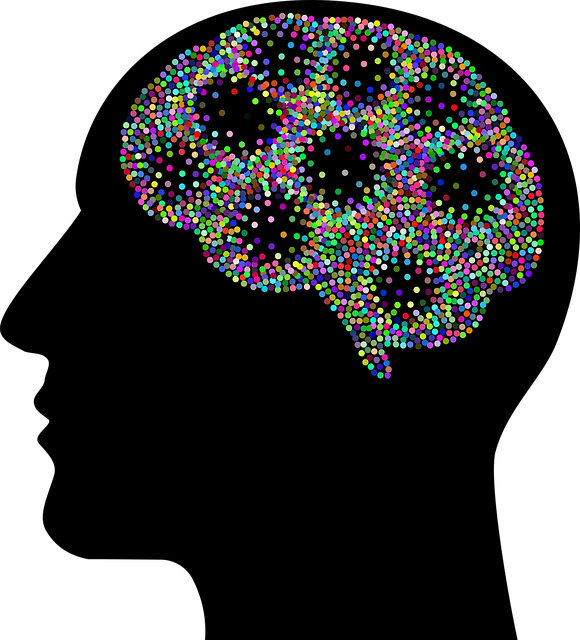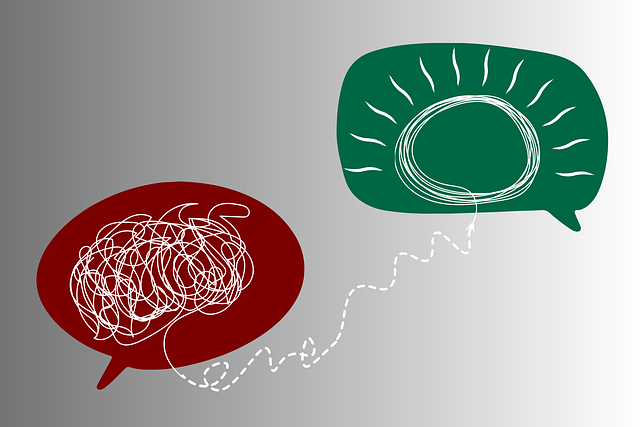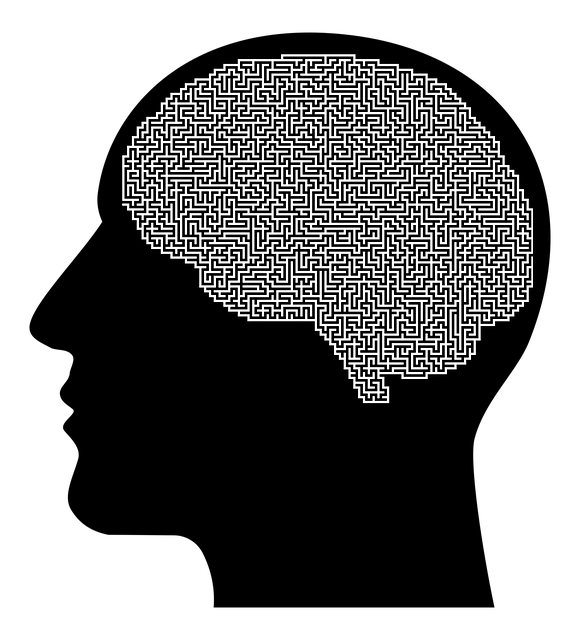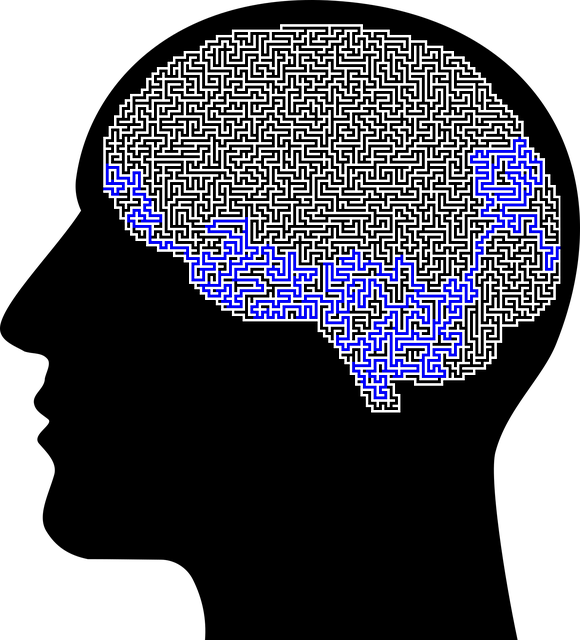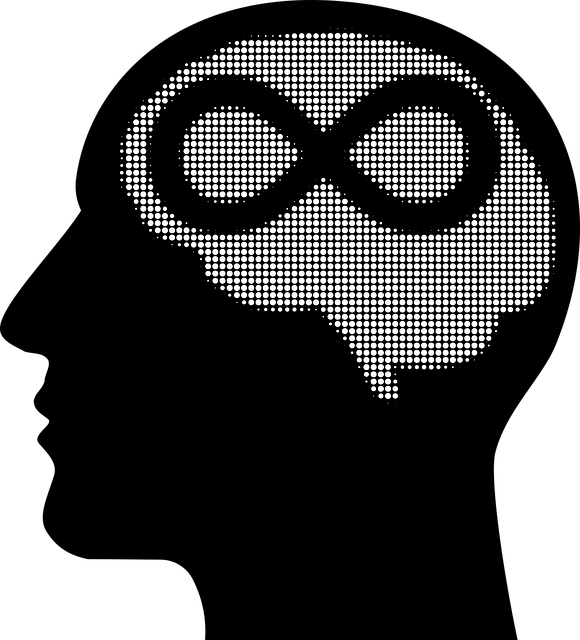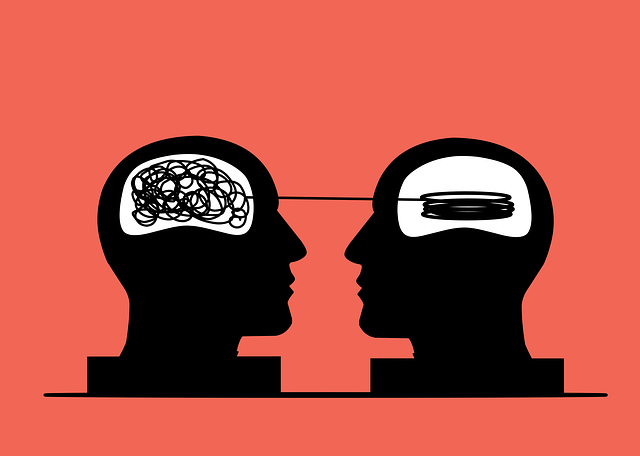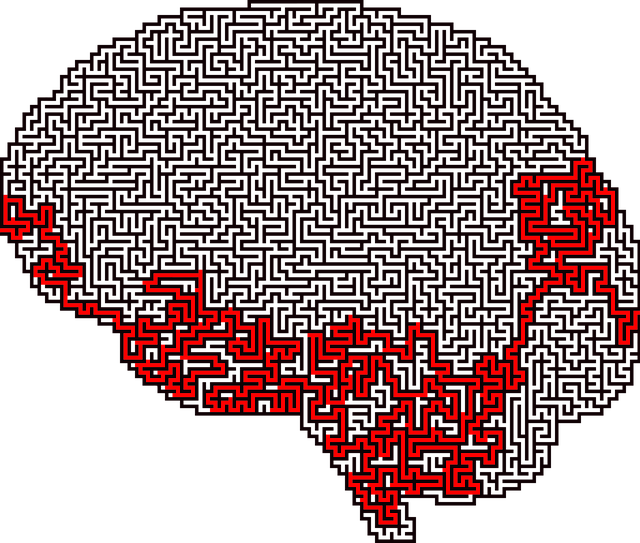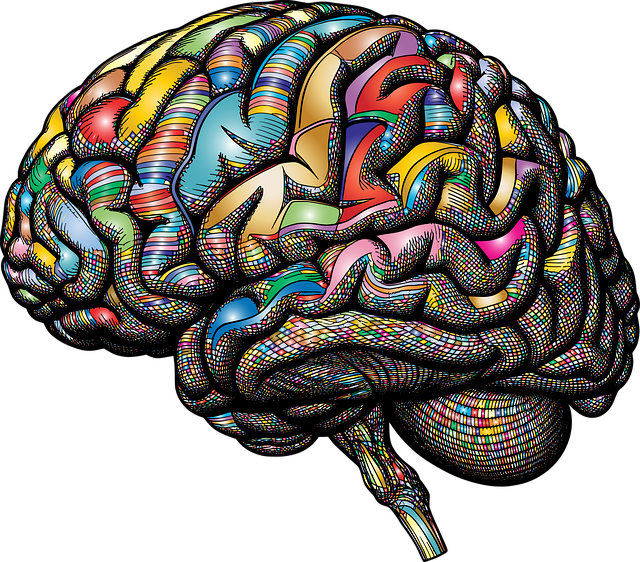Golden Grief Counseling Therapy (GGCT) employs the Recovery, Flexibility, and Mastery (RFM) framework to build resilience, a key asset in confronting life's challenges. RFM breaks down resilience into recovery (grief/trauma processing), flexibility (adaptive coping strategies), and mastery (control, decision-making, purpose). Integrating GGCT into mental health practices enhances well-being outcomes. Cultural Competency Training is vital for tailoring RFM-based interventions to diverse communities. The RFM analysis helps therapists recognize inherent resilience, guiding targeted emotional support and exercises. Post-GGCT, assessing and enhancing resilience through psychological flexibility, emotional regulation, and coping strategy evaluation strengthens mental health and overall well-being.
Resilience is a vital asset in navigating life’s challenges, making it essential to understand and build upon. This article explores an effective framework, RFM (Recovery, Flexibility, and Mastery), and its role in fostering resilience. We delve into identifying resilient individuals through RFM analysis and implementing Golden Grief Counseling Therapy (GGCT) exercises. By measuring and enhancing resilience post-GGCT intervention, readers will gain insights to empower themselves and others toward a more robust and adaptable mindset.
- Understanding RFM and Its Role in Resilience Building
- Identifying Resilient Individuals through RFM Analysis
- Implementing Golden Grief Counseling Therapy (GGCT) Exercises
- Measuring and Enhancing Resilience Post-GGCT Intervention
Understanding RFM and Its Role in Resilience Building

Resilience is a powerful tool for navigating life’s challenges and setbacks. Understanding RFM (Recovery, Flexibility, and Mastery) provides a framework to build this resilience. This approach, often associated with Golden Grief Counseling Therapy, focuses on three key aspects. Firstly, recovery involves processing grief and trauma, enabling individuals to find solace and rebuild. Secondly, flexibility equips people with adaptive coping mechanisms, fostering the ability to navigate unforeseen circumstances. Lastly, mastery encourages taking control, making informed decisions, and cultivating a sense of purpose.
The integration of RFM into mental health practices, such as Communication Strategies and the design of Mental Health Education Programs, can be transformative. Additionally, healthcare provider Cultural Competency Training plays a crucial role in delivering effective RFM-based interventions, ensuring sensitive and tailored support for diverse populations.
Identifying Resilient Individuals through RFM Analysis

Identifying resilient individuals is a key aspect of effective Golden Grief Counseling Therapy (GGCT). The RFM analysis, a powerful tool in GGCT, allows therapists to uncover and recognize those with inherent resilience, enabling them to tailor interventions accordingly. This process involves scrutinizing an individual’s response to stress, trauma, or loss, providing insights into their capacity to adapt and recover.
By employing the RFM framework, therapists can uncover hidden strengths and resources within individuals. The analysis guides the implementation of targeted Emotional Well-being Promotion Techniques and Mental Wellness Journaling Exercise Guidance, fostering a sense of resilience that goes beyond mere survival. This proactive approach not only aids in managing acute situations but also serves as an effective Burnout Prevention Strategy for Healthcare Providers who often encounter high-stress environments.
Implementing Golden Grief Counseling Therapy (GGCT) Exercises

Implementing Golden Grief Counseling Therapy (GGCT) Exercises can significantly enhance resilience building within individuals and communities, especially during challenging times. GGCT focuses on guiding people through the process of grief and loss, providing them with effective crisis intervention guidance to manage intense emotions. By incorporating exercises that foster empathy building strategies, participants learn to confront and express their feelings in a safe environment, thereby reducing anxiety relief and promoting mental well-being.
This therapeutic approach encourages active participation, allowing individuals to navigate the complexities of grief through interactive activities designed to strengthen emotional coping mechanisms. The exercises are tailored to help folks process their experiences, develop problem-solving skills, and cultivate a sense of hope and resilience. In today’s world where stress and uncertainty often lead to heightened anxiety, GGCT offers valuable tools for fostering mental fortitude.
Measuring and Enhancing Resilience Post-GGCT Intervention

After implementing Golden Grief Counseling Therapy (GGCT), assessing and enhancing resilience is a pivotal step. Measuring an individual’s psychological flexibility, emotional regulation, and coping strategies post-intervention provides valuable insights into the effectiveness of the therapy. This evaluation allows for identifying areas where further support is needed, enabling therapists to tailor their approach and ensure better outcomes.
By incorporating exercises focused on self-esteem improvement, compassion cultivation practices, and inner strength development, resilience can be fortified. These activities help individuals develop coping mechanisms that are both adaptive and healthy, enabling them to navigate future challenges with enhanced flexibility and emotional balance. Such measures not only improve mental health but also foster overall well-being.
The implementation of RFM and resilience building exercises, particularly Golden Grief Counseling Therapy (GGCT), offers a powerful approach to enhancing individuals’ ability to navigate life’s challenges. By understanding RFM and its role in fostering resilience, identifying resilient traits through analysis, and measuring post-intervention growth, we can effectively support folks in developing the mental fortitude needed to thrive amidst adversity. GGCT serves as a game-changer in revolutionizing how we approach building resilience, ensuring folks emerge stronger and more equipped to face life’s symphony of sights and sounds.


